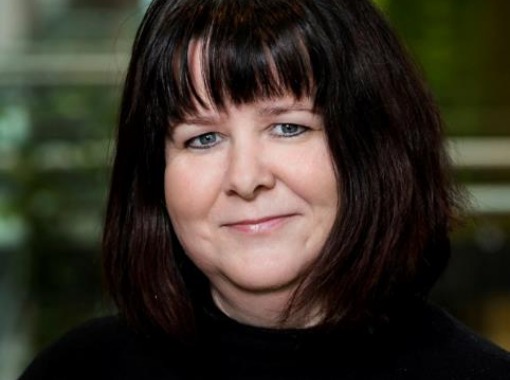Doctoral defence of Guðrún Ragnarsdóttir

Aðalbygging
Hátíðasalur Háskóla Íslands
The doctoral defence of Guðrún Ragnarsdóttirwill be 24th April at 1 pm in the University´s Aula, main building
School leaders’ perceptions of contemporary change at the upper secondary school level in Iceland. Interaction of actors and social structures facilitating or constraining change
The oponents are: Dr. Elisabet Nihlfors, professor at Uppsala University, and Dr. Monica Johansson senior lecturer at University of Gothenburg.
This study explores how school leaders in upper secondary schools perceive the interactions between actors and social structures that may facilitate or constrain change and how school leaders see their roles, power, and agency when leading change. It also includes what they consider to be the most significant challenges in the chnage. Twenty-one school leaders in nine upper secondary schools were interviewed. The data is discussed in light of theories on institutions and organisations, institutional and organisational leadership, fundamental educational and fundamental organisational change, different response categories to macro-level demands for change, and policy enactment. The findings show complex patterns of interactions between various macro-, meso-, and micro-level actors and social structures that impact change in upper secondary education. The predominant governing culture fell within the institutional category of education. Most of the actors were seen to protect the traditions, values, and norms in the field of education. The institutional governance plays a significant role in constraining change. Nevertheless, some actors reinforce the processes of deinstitutionalisation. In this way, new ideas often travelled horizontally throughout the organisational field of upper secondary education. The most significant challenge identified by the school leaders when leading change was directly related to the content of subjects. School leaders only had partial agency and limited power to promote change in content. In contrast, they claimed to have considerable pedagogical leadership in relation to teaching and assessment methods. The nine participating schools enacted the policy in the 2008 legislation and the 2011 national curriculum differently, and it is evident that many self-sustained subunits were seen to be operating within the schools. The school leaders usually responded either as institutional or organisational leaders depending on the issues at stake, the operating dynamics in their respective schools, or on the pressure from the macro-level actors.
Hér vantar að setja inn myndatexta í Uglu



